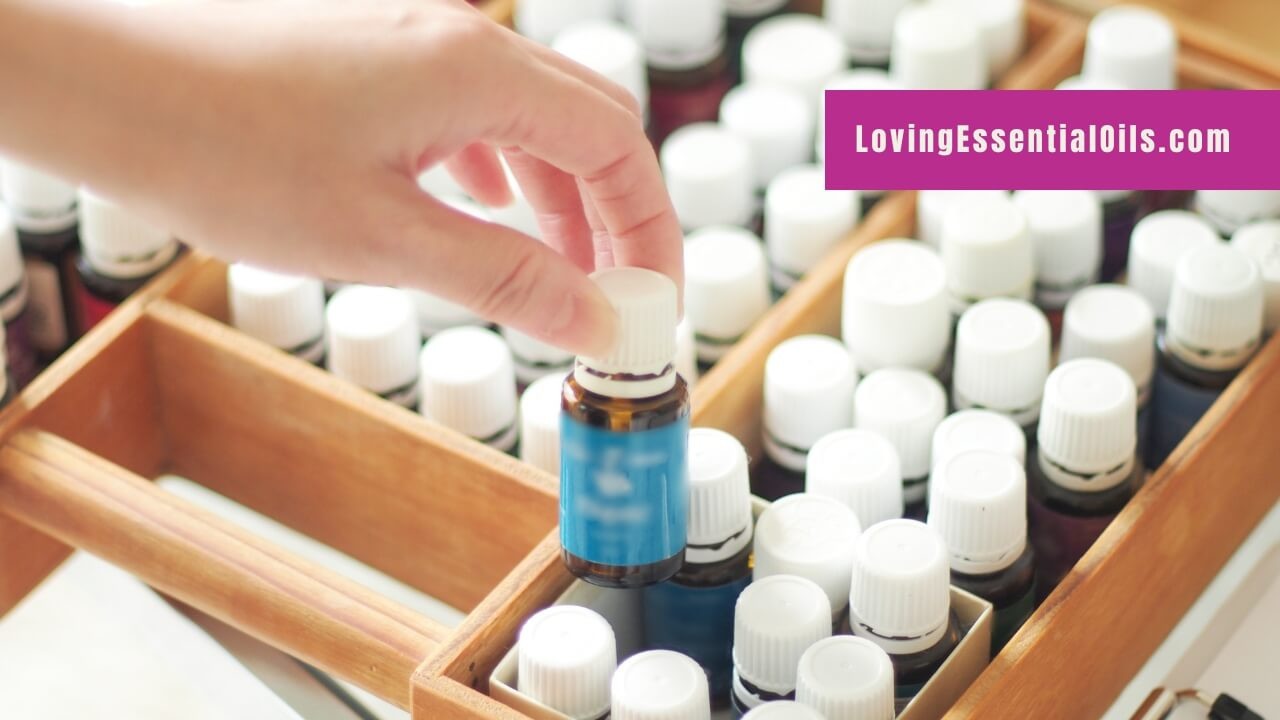Want to use essential oils in your daily wellness routine but can’t stand the smell? Loving Essential Oils, the premier resource on all things essential oils, has written its new guide for you!

Scent may be subjective, but you can’t really help it if something just smells bad. Unfortunately, that means that it’s your nose that decides whether you’ll like or dislike the smell of essential oils, but certified aromatherapist Jennifer Lane can tell you how to deal with that in her latest guide! After all, essential oils are a great, natural way to boost your health, so it only follows that you’d want to enjoy every aspect of them, right?
Read about the worst-smelling oils and how you can deal with them at https://www.lovingessentialoils.com/blogs/essential-oil-tips/worst-smelling-essential-oils
Several studies have documented the effects of essential oils on human health, a fact that is reflected in the new guide. One paper by the Yale Journal of Biology and Medicine notes that many oils have antimicrobial, antiviral, antibiotic, anti-inflammatory, and antioxidant properties. That’s a lot of antis!
Loving Essential Oils adds that certain essential oils, such as patchouli and lemongrass, are often used in aromatherapy to relieve stress and anxiety, while others can be used as cleaning agents, disinfectants, or insect repellents. There’s basically an oil for everything!
While these characteristics may prompt you to begin integrating essential oils into your daily life, you may find their scents unpleasant. Each drop of oil contains a potent concentration of the plant it’s made of, so you’re more likely to find an essential oil that smells strong than one that doesn’t.
To counteract this, Loving Essential Oils suggests using fewer drops of the product, blending it with an oil that has a more agreeable fragrance, or diluting it in a carrier oil.
For topical applications, you can also apply essential oils to your feet or behind your ankles rather than close to your nose; the oil will still be absorbed into your body through your skin, allowing you to reap the benefits of the product without getting a single whiff of the stuff.
Additionally, because many types of essential oils are available, it’s possible for you to substitute some products for others that are derived from plants belonging to the same family. These alternatives may have a more pleasant scent, and they will often have similar effects because they’re closely related species.
For example, if you crave the anxiety-relieving properties of one essential oil but can’t stand the smell, you may be relieved to find that there will always be others that offer you the same thing.
Finally, if something smells rancid, it probably is. Foul odors may result from bacteria growth, which can be caused by contamination, or oxidation, which occurs if the product has been exposed to excess heat, light, or air. Diffusers can also begin emitting bad smells due to buildup or poor evaporation. For this reason, Loving Essential Oils advises you to clean diffusers regularly and only use high-quality oils sold by reputable vendors, as these will typically leave less residue behind.
And if you’re looking for reputable vendors, Loving Essential Oils is one of them! They’re all about giving their customers the cleanest, purest products. Needless to say, they really know their stuff. If this is your first foray into the world of essential oils, you can check out their online store for product recommendations, DIY recipes, and more.
And of course, if you want to read more on the topic of smells that you can’t stand, visit https://www.lovingessentialoils.com/blogs/essential-oil-tips/worst-smelling-essential-oils to check out Loving Essential Oils’ full guide today!
